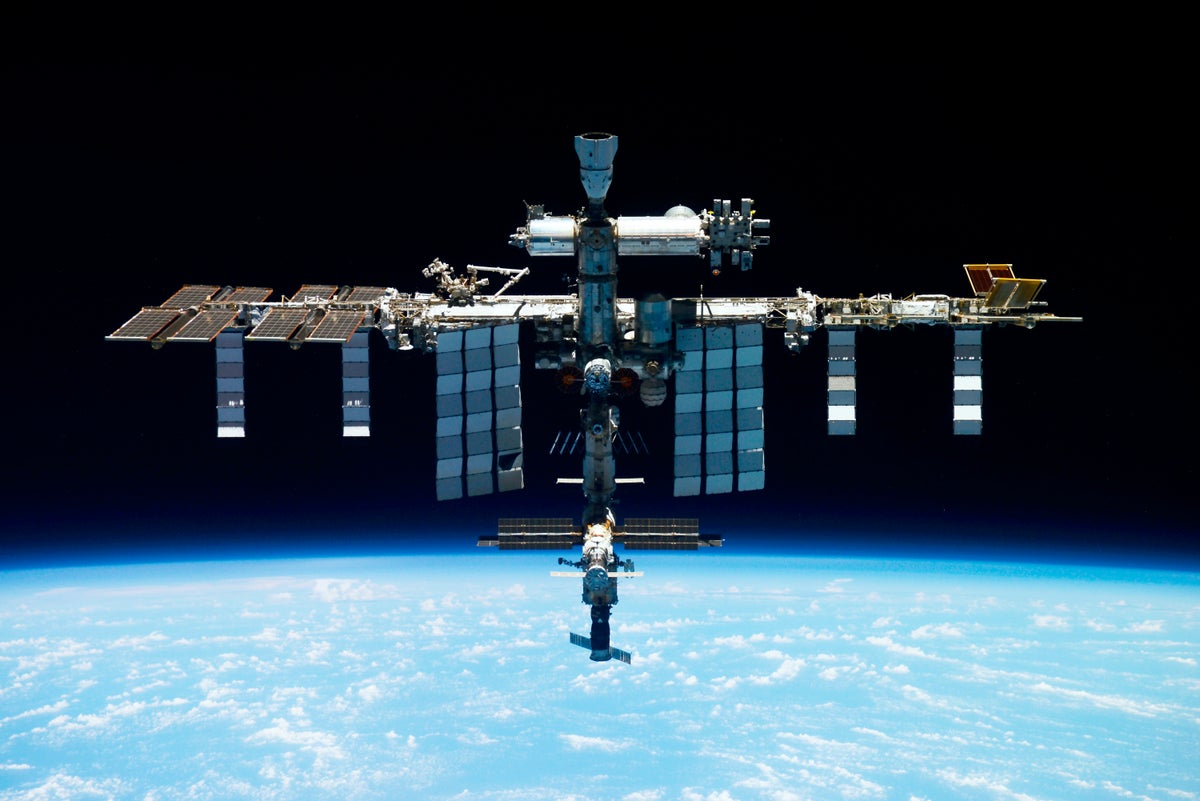
A temporary power issue at Nasa’s mission control in Houston led to the agency losing contact with the International Space Station (ISS) briefly on Tuesday.
During this period, Nasa could not send commands or any voice from the ground to the astronauts aboard the space station, the agency noted in a blog post.
Then about 90 minutes after the outage, backup control systems moved in, Nasa said.
This is the first time the space agency had to turn its backup systems on to take control, according to the space station’s programme manager Joel Montalbano, who added that neither the astronauts nor the ISS itself was in any danger throughout the incident.
About 20 minutes after the outage, the seven astronauts aboard the ISS were notified of the issue via Russian communication systems.
The power outage, according to the agency, was due to upgrade work underway in the building at the Johnson Space Center in Houston.
“Around 9 a.m., a power issue in Mission Control Houston resulted in the loss of command, telemetry, and voice from the ground to the International Space Station,” Nasa said.
“The issue was isolated to the ground, and flight controllers were able to talk to the crew onboard station through Roscosmos channels, and at no point was the crew in any danger,” the space agency said.
Despite the tensions between the US and Russia on the ground, astronauts and Russian cosmonauts aboard the orbiting laboratory are working and training together for the safe operation of the space station.
Russian space agency Roscosmos had earlier this year reversed its decision to leave the ISS collaboration after 2024 that it had made amid tensions between Russia and the West over the Kremlin’s military action in Ukraine.
“The decision to leave the station after 2024 has been made,” Roscosmos head Yuri Borisov had said last year.
But in April this year, Mr Borisov said Roscosmos extended its participation in the international space project.
“By the decision of the government, the operation of the International Space Station has been extended until 2028,” the Russian space agency chief told president Vladimir Putin in a televised meeting.







